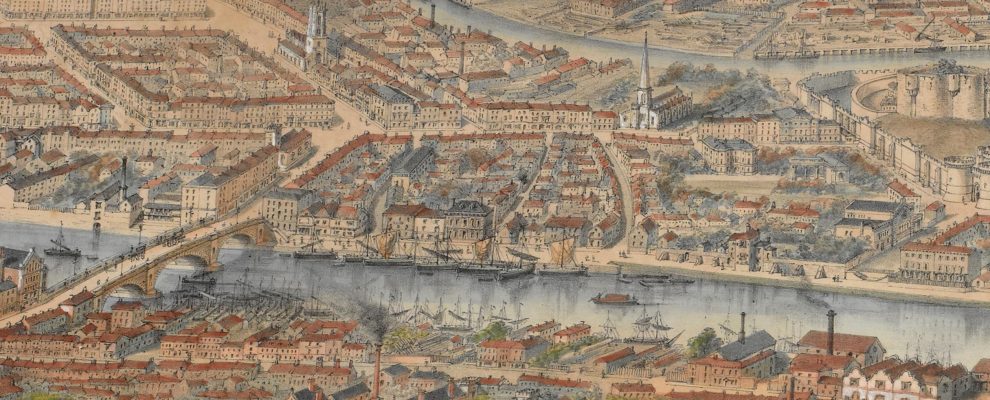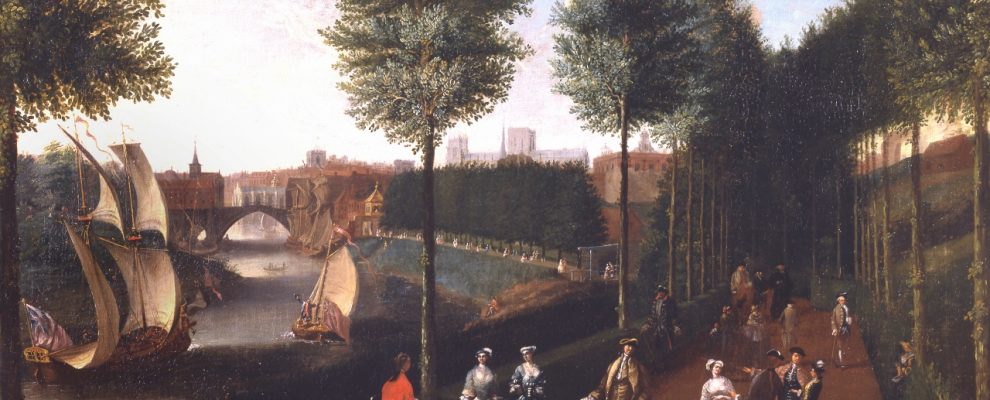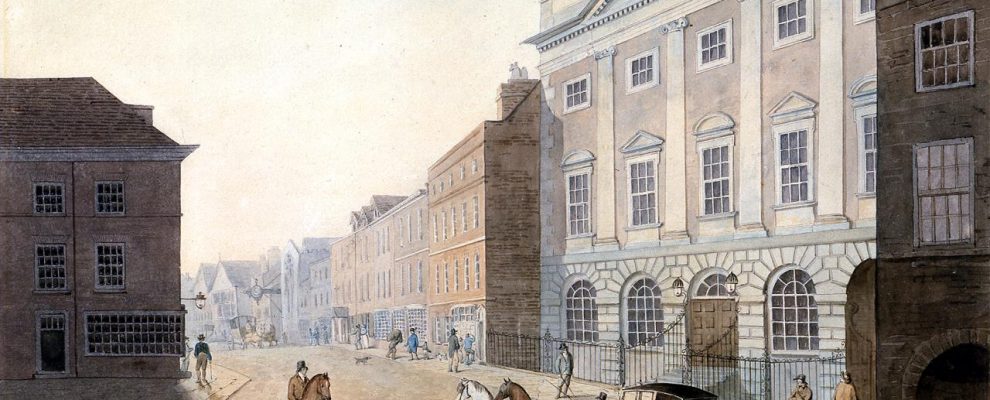Faith and Family: a life of contradictions
York in the eighteenth century was not only a centre for polite society but also acted as a magnet for Yorkshire’s relatively strong network of catholic gentry.
The Fairfaxes had close associations with an intimate network of families, privately entertaining on a regular basis at Fairfax House the Gascoignes, Constables, Vavasours, Fauconbergs, Irwins of Temple Newsam. Recusancy and Catholicism also extended downwards to some of the city’s tradesmen which the Fairfaxes appear to have specifically patronised such as the clockmaker Henry Hindley and the Reynoldson firm of upholsterers. A catholic education could also be discretely found in York, and Anne, her sister, and indeed many girls of the county’s leading Catholic families, attended the Bar Convent boarding school.
Whilst open hostility to Catholicism in England was diminishing by the mid-1700s, and although no longer actively persecuted, Catholics families had to remain cautious about expressing their faith openly. They were also viewed with some suspicion exacerbated by flash points in history such as the 1745 Jacobite rebellion, and were somewhat marginalised by punitive laws. They were effectively barred from taking up public office, entering the professions or inheriting land, and were subject to laws which imposed numerous penalties and fines for non-attendance at Anglican services. This significantly constrained income and meant that families like the Fairfaxes had to rely solely on monies generated from their estates. Despite the Fairfaxes devout adherence to their faith throughout their lives, Lord Fairfax feared that Catholics were a dying race. In his case the judgement was affected by his own natural pessimism and by his personal experience of the steady extinction of old Catholic families by natural causes or a change in religious persuasion.



